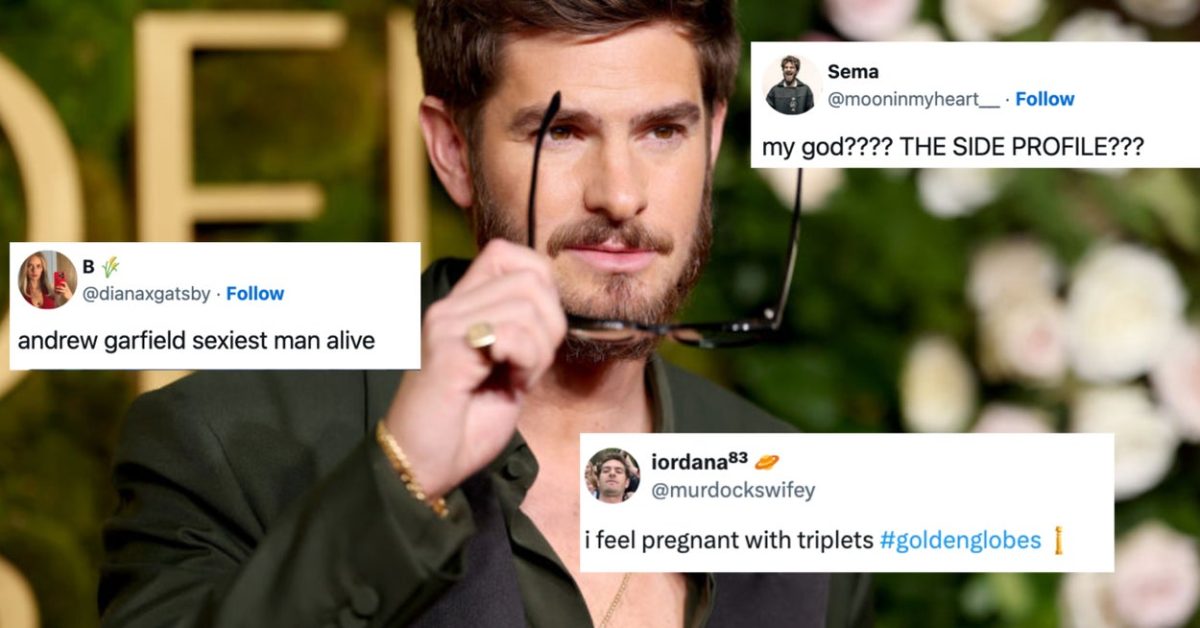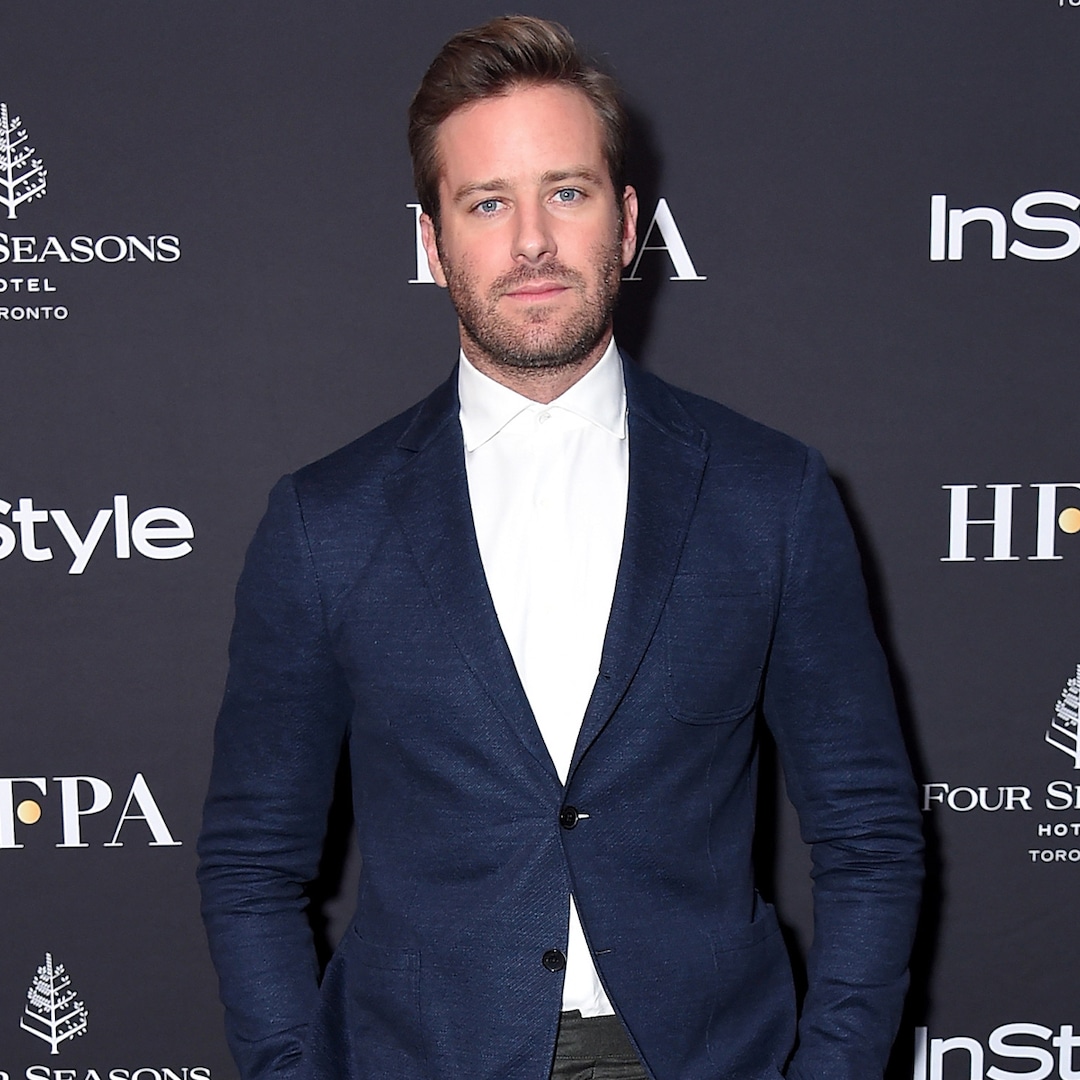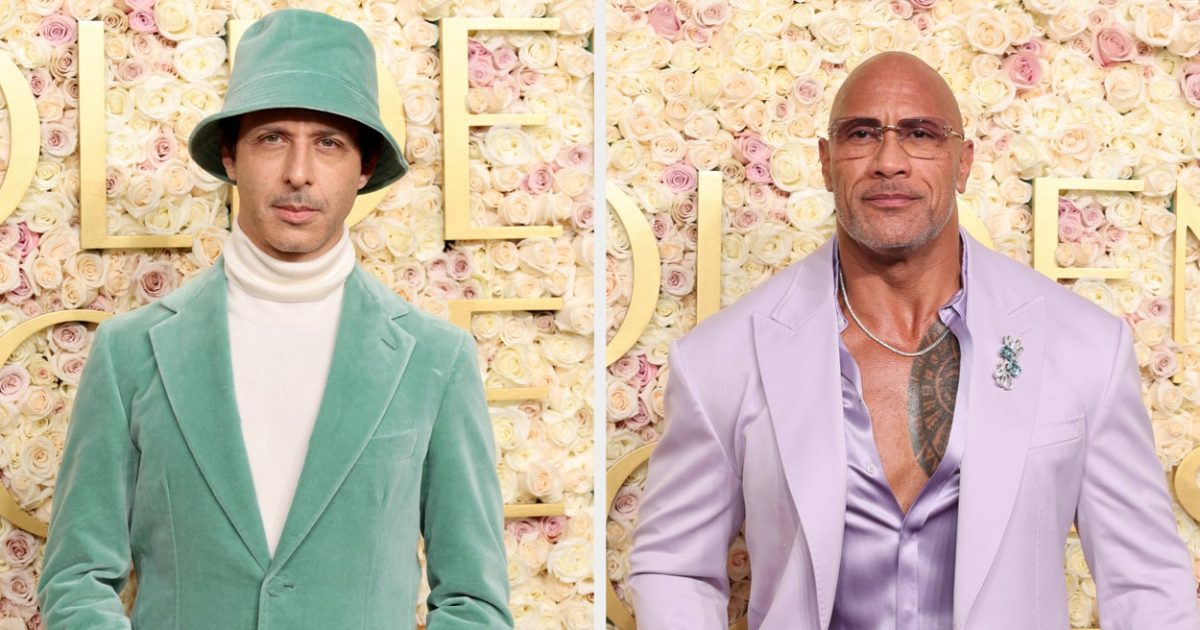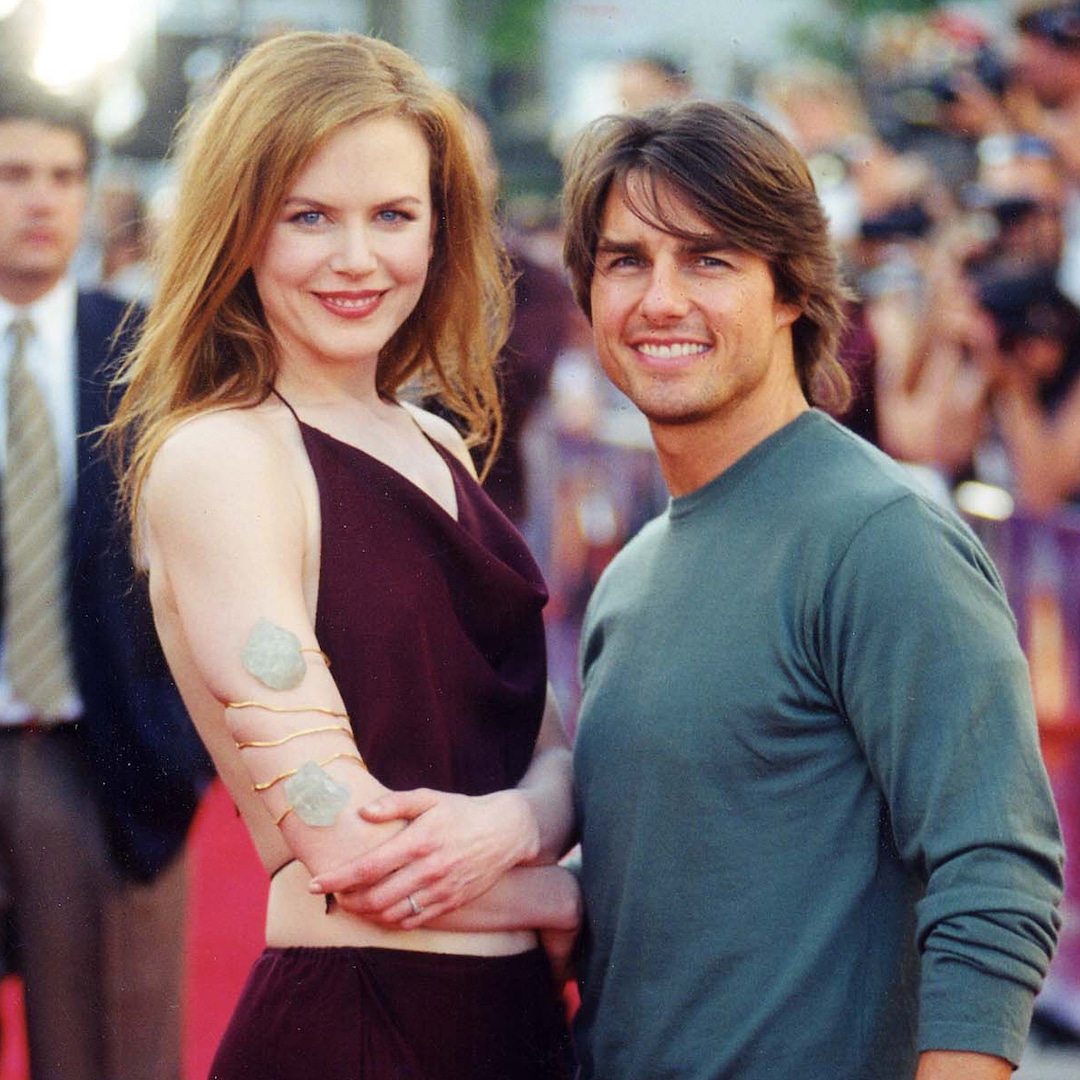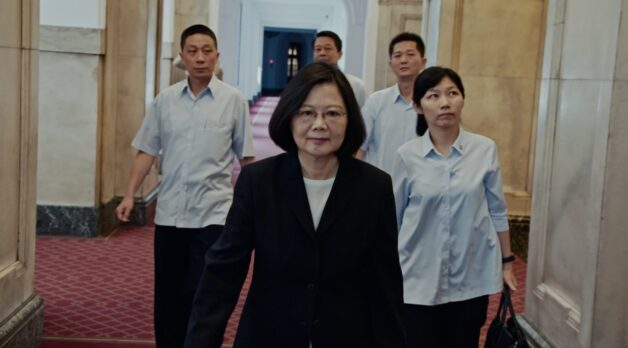
“Understanding Taiwan on Its Own Terms”: Vanessa Hope on Invisible Nation
Nov 15, 2023
Tsai Ing-wen in Invisible Nation
Though producer-director Vanessa Hope has spent her career zeroing in on China—from producing Wang Quanan’s The Story Of Ermei and Chantal Akerman’s Tombee De Nuit Sur Shanghai to directing her own short China In Three Words and feature-length debut All Eyes and Ears—Hope’s followup feature is nonetheless a bit of a surprise. An intimate portrait of Taiwan’s first female president Tsai Ing-wen, Invisible Nation weaves the tale of President Tsai’s contemporary rise with the (often buried) history of the long-colonized island itself. Through archival footage and in-depth interviews with activists, historians and, of course, the head of (a disputed) state, what emerges is a narrative as surreal as it is tragic: The story of a country and a culture that, according to the People’s Republic, never really was.
Soon after the start of the doc’s fall US festival run (and prior to its international premiere at IDFA), Filmmaker caught up via email with the Chinese-fluent, award-winning multihyphenate, who also runs Double Hope Films with her producer husband Ted, to learn about Invisible Nation and working as a foreigner in a forbidden land.
Filmmaker: How did this project originate?
Hope: This project originated with my curiosity about Taiwan, and whether the people might elect a first female president in Tsai Ing-wen and how she might lead. In 2015, my first documentary [All Eyes and Ears] about the US-China diplomatic relationship under President Obama was on the festival circuit. I had been intentional about not wedging Taiwan’s story into that film, and I continued tracking developments in Taiwan. I knew that Taiwan deserved its own film.
In January 2016, I joined an international delegation to monitor the elections in Taiwan, ensuring they were free and fair. It’s an experience I will never forget; not only because it meant that I was there, in the crowd, watching and filming when President Tsai Ing-wen won by a landslide, but also because of the experience of being in that delegation. On that trip we visited the headquarters of all of the political parties in Taiwan, and the de facto consulates of Japan, the European Union and the United States. If I were to make a film about the way different countries interact with each other through diplomacy and dialogue it would definitely be a comedy (like Armando Iannucci’s films and series, which I love).
In many ways, understanding Taiwan on its own terms today, in its own people’s voices, may be the key to improving all the world’s countries’ relationships with China. Yet because of China’s dominant voice, presence and authoritarian power on the world stage, that is not how these geopolitical relationships have been framed. By not updating their foreign policy to reflect the reality of changing times, especially since Taiwan became a democracy, China—but also, unfortunately, the world’s democracies, dictatorships and corporations that seek favor with China for their own economic benefit—force Taiwan’s voice, presence and democratic power on the world stage to be diminished, sidelined and marginalized.
When I took that first fateful East Asian History class in high school, I learned about China, Korea and Japan, but I did not learn about Taiwan. And when I made that first year-long study abroad trip to Taipei, it was an accident that I was in Taiwan, not China. Before then, I’d studied in Beijing for two semesters. What I chose was the best year-long, Chinese-language study abroad program at the time. So, there I was in Taipei from 1995-1996, the year the people of Taiwan made their historic transformation from authoritarianism to democracy. I experienced China firing missiles at all of us on Taiwan not once but twice. I witnessed Taiwan’s first direct presidential elections.
I was inspired to borrow my Chinese language teacher’s brand-new video camera. (Well, I also pushed to borrow it because the teachers told me I did better on the Chinese language exams than anyone in the history of the school—and they worried I needed to get out more. Ha!) The first time I used that video camera was on the weekend of the inauguration of Taiwan’s first democratically elected president, Lee Teng-hui. (I got to edit the footage with James Y. Kwei, Martin Scorsese’s editor with Thelma Schoonmaker on Goodfellas, who I met at the afterparty for Kundun—which I was invited to attend as the guest of the actor who plays Mao Zedong!) So, I made my first short documentary.
After taking in that crucial initial experience of Taiwan, I committed to better understanding what exactly was going on across the Taiwan Strait. I went to work at the National Committee on US-China Relations, then landed one of my favorite jobs, working for Elizabeth Economy and Jerome Alan Cohen at the Council on Foreign Relations (CFR). They invited me to screen my short about Taiwan at the Council. (Invisible Nation also contains footage from that film.)
With growing tension across the Taiwan Strait, it’s more important than ever to understand what Taiwan is all about. Why is its flourishing democracy so valuable—to Taiwan’s own people, and to the world? Why does China seek to threaten it? How can the world prevent another serious regional conflict that does not, and should not, end in more violence and more bloodshed?
Filmmaker: How did you even gain access to President Tsai? And, as a busy producer, why decide to direct this yourself? How long did it take to complete the film?
Hope: I think you can safely call my husband Ted Hope a busy producer; he got into producing independent film at the right time and has managed to make 130 films, though he says Invisible Nation is his most important. I’m a producer trying to produce more women directors telling more stories about women in the world. During the COVID quarantine lockdown, I turned to writing and hosting a podcast with Karina Longworth called Love Is a Crime about my maternal grandparents, film producer Walter Wanger and actress Joan Bennett. They produced the way you’re talking about—where you choose the material and hire the director. When you ask me, “Why decide to direct this yourself?,” you imply that I might have raised the money as a producer to hire a director to tell a story I knew the shape of from the beginning. But none of that was possible, nor was it my approach or passion.
Though I was able to launch with a big grant from the Compton Foundation to focus on “Women, Peace and Security,” raising money for this film has been a Sisyphean feat that has only been possible in stages over years without me being paid. This was a story I wanted to follow, study and learn from, not a story I knew the trajectory or ending of in a way a film financier might expect up front. I had questions I wanted to investigate. It had to be a labor of love, because it had to be passion that drove the process of sticking with an impossibly complicated subject as it unfolded on a wild trajectory, at an increasingly challenging time in the independent film business and in a dangerously authoritarian-trending world.
To first gain access to President Tsai, I went through a formal process, open to anyone, of submitting a lengthy proposal to apply for permission from the president’s office. I waited a full six months for a response, which is their standard. I was called in for a first meeting in April of 2017, when I pitched the film to President Tsai and a handful of people from her administration, all sitting at a long table in a conference room. I then received permission to come back and film in May. President Tsai left the room first, nodding her agreement. The moment the door closed behind her, you could feel the elation in the room. The people in the president’s office told me they had seen and liked my first documentary on the US-China relationship, and I think that played a role in their openness to approve, through this formal process, the access I received. After our first few weeks of filming in 2017, every year after we had to continue building trust and requesting more access to continue following unfolding events.
My requirement for making this film was that I would maintain full independent editorial control regardless of the access I would receive, and that was the agreement with the president’s office that we went into production with. They did not have control over our decisions, such as including the previous opposition Chinese Nationalist party (KMT) president, Ma Yingjeou, in the film. In fact, former President Ma and I share a mentor in Jerome Alan Cohen, who was his law professor at Harvard. I heard many stories of Ma Yingjeou from Jerry Cohen that interested me in Taiwan long before President Tsai was elected.
Having made a documentary film that followed President Obama’s US Ambassador to China, Jon Huntsman (who threw us a curveball when he ran for president of the United States and we followed that story), I knew that you can’t complete a film with a candidate or a sitting head of state and expect it to be received with the objectivity with which you’ve made it before the election results are in or it will appear as if you’ve made a film for the purpose of getting said candidate elected. In Taiwan, as in the United States, presidents can only serve two four-year terms, which meant that the natural length of time for following President Tsai, should she win her second election, would be about eight years.
Increasingly dire events unfolded in the world during President Tsai’s second term. First there was China’s crackdown on Hong Kong’s freedoms and autonomy, breaking every promise it made when the island’s British protectorate status expired. Then there was COVID, and China’s shutting Taiwan and the world out of discussions and contributions to world health. Finally we had Russian’s invasion of Ukraine, a cautionary example of the dangers faced by Taiwan right now, particularly as China and Russia are aligned and China is not calling out Russia’s crimes against democracy and humanity. At that point, the urgency of getting Taiwan’s story and Invisible Nation out into the world reached a fever pitch.
Filmmaker: Having produced several films in China, can you discuss the differences between working on the mainland and in Taiwan? Do you take similar precautions? What are some of the challenges specific to a US filmmaker working in this region?
Hope: The differences between working on film in China versus Taiwan are night and day. To start with the obvious: I was granted access to follow Taiwan’s president. In China, no filmmaker has ever been granted access to get anywhere near Xi Jinping—and believe me, I tried to get access to people in China’s government on my first film. China not only undermines and controls media freedom, but they banished the majority of the world’s free press from their country. Most of those journalists are now living and working in Taiwan, which enjoys extraordinarily high levels of media freedom, freedom of speech, freedom of the press and freedom of expression.
The authoritarian assault on knowledge isn’t limited to dictatorships like China’s, though it’s heavy-handed in China and impacts their film culture and filmmaking, driving truthful storytellers “underground” and only promoting those who “tell China’s story well” (meaning according to their propaganda and all of their many strict rules and censorship processes). Perry Link’s metaphor of “the anaconda in the chandelier” is as apt for filmmaking in China as it is for living there. You never know when the anaconda will pounce; it hovers above you so that you will fear it and censor yourself first. Those filmmakers willing to take risks to tell truthful stories are the ones I’ve worked with in China, Wang Quanan and Chantal Akerman, and their films have to be made in “underground” ways. I have so much to say about this – I’ve written a screenplay about it, in fact. But because it’s set in China, it’s one of many projects I’ve longed to make, and stories I’ve longed to tell, like so many Chinese filmmakers in China have, that can never get made—not until the government in China loosens up and allows freedom of speech and expression, and a diversity of storytellers and stories about China.
One story I’m especially sad I never got to make in China was a film about the life and work of Cui Xiuwen (and now never will in the same way, not only because China has become more restrictive for filmmakers, but also because the artist died unexpectedly and very young in 2018). She and I bonded when I was in China working on a photography project by photographer Hugo Tillman, who was photographing all of the contemporary Chinese artists in settings based on dreams they shared with us in interviews. (Hugo’s photography project became a book called Film Stills of the Mind.)
Regardless of whether you’re living within an authoritarian or democratic government, people have to be on guard against the authoritarian assault on knowledge, the banning of books, the censoring of media, the excluding of voices that speak truth to power about oppression experienced by those of different races, classes and genders, and the persistent problem of creative people not being paid fairly and not treated with equality and respect. This is work we know we have to do in the film world, both Hollywood and independent, in America. The DGA, the WGA and SAG-AFTRA have been on strike this year with IATSE and Teamsters to follow. This important fight of labor vs. corporate monopoly power is not restricted to the US—labor should be united everywhere—but when the US doesn’t get it right, it impacts filmmaking in other countries too. When US filmmakers are too afraid to stand up for what’s right, fair, just and needed for democracy to thrive in our country and in our storytelling, how can we expect it to thrive where US corporations dominate elsewhere in the world?
In Taiwan, they’re conscious of doing this work too to provide freedom for filmmakers to tell a diversity of stories and support a diversity of voices. But, because of geopolitical circumstances, they are more afraid of repercussions from China than corporations in Hollywood who censor on China’s behalf. For Taiwan, the stakes are higher than for any multinational corporation. Many of my Taiwanese filmmaking friends also make films in China, and if they’re making films by underground filmmakers, then they need to protect those films and filmmakers from projects they may do that might, for any reason, offend China. That is why my Taiwanese edit team have used pseudonyms. This is the tip of the iceberg of precautions we take as filmmakers when dealing with China. I think Taiwanese filmmakers are too hard on themselves when they compare their filmmaking industry to that of Korea or Japan, who many argue have been more successful at being freer in their storytelling and rewarded for it in popularity, box office and awards on the international stage. I do want Taiwan’s film industry to get more support.
Whether making a film like this would be too risky or even life threatening for a Taiwanese or Chinese filmmaker to do is a serious question that would be on anyone’s mind. Certainly for a Taiwanese or Chinese person, given China’s tactics of retaliation, there would be more risk. I cannot speak on behalf of Taiwanese people or articulate what it means to be Taiwanese, but I can speak to the process of learning about Taiwan and make a film where Taiwanese people speak for themselves. I want more Taiwanese films to be made by Taiwanese auteurs. To me, being American always meant that I would bring a fearless critique of American foreign policy and its strengths and weaknesses.
When making films in China or Taiwan however, I collaborate with as many local filmmakers as possible from start to finish. It made a big difference in our film when I began working with a Taiwanese edit team in Taipei. With the edit in Taiwan, I lived there for the last half year of filming from July 2022 through February 2023, then again for postproduction sound and color in August 2023. As we roll out the film, they all continue to be involved in bringing this story to the world.
Filmmaker: Any advice for Western filmmakers?
Hope: I like the Black Lives Matter principles as principles for documentary filmmaking, particularly when working in other countries with sensitive political histories and geopolitical dangers like Taiwan: “Lead with love, low ego, high impact, move at the speed of trust.” I would add: always seek to collaborate with local filmmaking teams and surround yourself with excellent, honest advisors.
Filmmaker: What are your aspirations for the film? Will it be released throughout Taiwan?
Hope: My aspirations for the film are not small. The film shows us so much more than it can say directly. It has so many layers that can be sources for so much positive impact for a peaceful future for Taiwan where it can maintain its democracy, not at the cost of 23 million lives. I’ve been asked to write a book about it and I’m working on that now. (If someone knows when an English translation will be available of French journalist Arnaud Valperin’s new book Taiwan, the President, and the War, set during Tsai Ing-wen’s two terms, please tell me.)
But the film needs to be seen by people around the world in addition to a release in Taiwan, and even in China in some form of release, maybe through universities, as our producer consultant Ruby Chen at CNEX arranges. It needs to be screened for world leaders and in international forums for peace. I’ve got a truly terrific team working with me on impact and outreach. This film’s potential needs to be harnessed to advance peace in ways that may currently exceed some people’s imaginations.
We’re living in a time when so many conflicts are erupting in horrifically violent and heartbreaking ways. I think the world may discover that Taiwan and its path to democracy and peace can be illuminating. The former President of Finland, Martti Ahtisaari, a Nobel Peace Laureate and expert in conflict mediation, diplomacy and post-conflict state-building, died yesterday on October 16th when I started writing my answers to your questions. His death inspired me to leave you with this quote: “All conflicts can be resolved. Wars and conflicts are not inevitable. They are caused by human beings. There are always interests that are furthered by war. Therefore those who have power and influence can also stop them. Peace is a question of will.”
Publisher: Source link
The Internet Has Officially Lost It Over Andrew Garfield's Slutty Glasses
That man knew exactly what he was doing with those glasses.View Entire Post › Disclaimer: This story is auto-aggregated by a computer program and has not been created or edited by filmibee.Publisher: Source link
Jan 9, 2025
Armie Hammer Lands First Movie Role Since Cannibalism Allegations
Armie Hammer Cameos As “Kannibal Ken” in Music Video 4 Years After Cannibalism ClaimsArmie Hammer is heading back to the big screen. More than one year after the Los Angeles Police Department ended their lengthy investigation into the Call Me…
Jan 9, 2025
20 Best Dressed Men At The 2025 Golden Globes
20 Best Dressed Men At The 2025 Golden Globes The televised portion of awards season is here! On Sunday night, the Golden Globes were held in Los Angeles, kicking off what looks to be a lively next several months of…
Jan 8, 2025
Tom Cruise & Nicole Kidman’s Son Connor Shares 2025 Update in New Pic
Tom Cruise and Nicole Kidman's Son Connor Cruise Golfs With Crocodile in New PostTom Cruise and Nicole Kidman's son is teeing up for a great year. Connor Cruise recently kicked off 2025 at the links, swinging by Lost City Golf…
Jan 8, 2025








